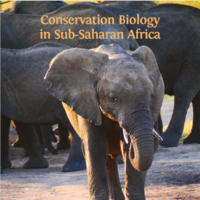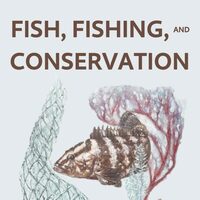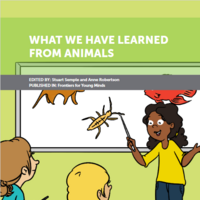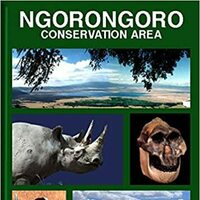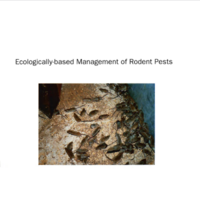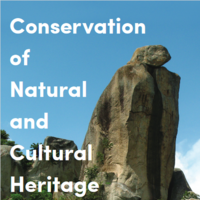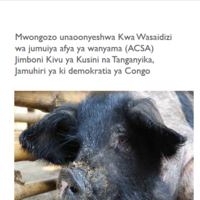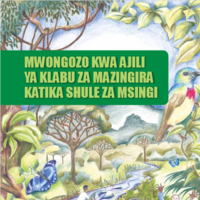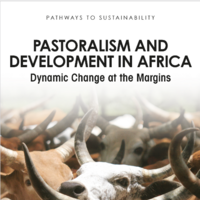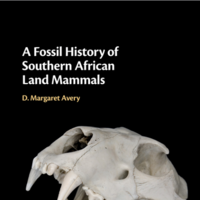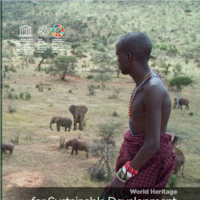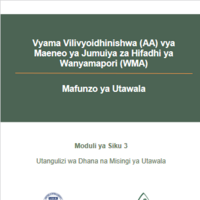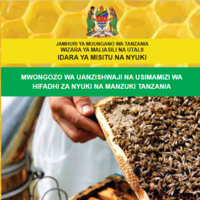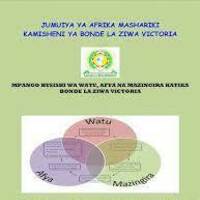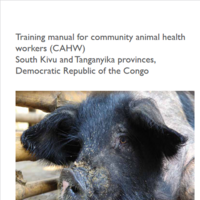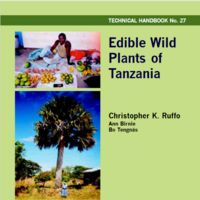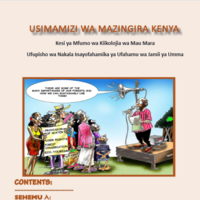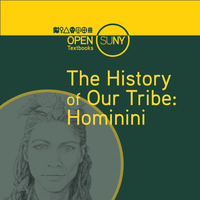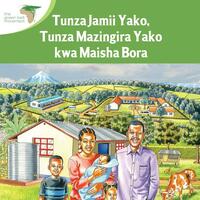Search
Books+
Searching 1,730 books
Search related to the career Zoologist
Research and Monitoring: Zoologists play a crucial role in conducting research and monitoring wildlife populations. They collect data on species distribution, behavior, and population dynamics. This information helps identify endangered species, assess threats, and develop effective conservation strategies.
Habitat Conservation: Zoologists contribute to wildlife conservation by studying and protecting habitats. They assess the impact of human activities on ecosystems and work towards preserving critical habitats for endangered species. They may collaborate with other experts to develop plans for habitat restoration and protection.
Species Management: Zoologists are involved in managing and conserving specific species. They study the biology, ecology, and behavior of endangered species to understand their needs and challenges. Zoologists may develop captive breeding programs, reintroduction initiatives, and conservation plans to ensure the survival of threatened species.
Education and Awareness: Zoologists play a vital role in educating the public about wildlife conservation. They conduct outreach programs, give lectures, and create educational materials to raise awareness about the importance of biodiversity and the threats faced by wildlife. By promoting understanding and empathy towards animals, they inspire individuals to take action for conservation.
Policy and Advocacy: Zoologists contribute to wildlife conservation by engaging in policy development and advocacy. They provide scientific expertise and recommendations to policymakers, influencing decisions related to wildlife protection. Zoologists may also collaborate with conservation organizations to advocate for stronger regulations and policies that safeguard wildlife.
Collaboration and Partnerships: Zoologists work collaboratively with other scientists, conservationists, and stakeholders to achieve wildlife conservation goals. They participate in interdisciplinary research projects, share knowledge, and collaborate on conservation initiatives. By fostering partnerships, zoologists enhance the effectiveness of conservation efforts.
Technology and Innovation: Zoologists contribute to wildlife conservation through the use of technology and innovation. They employ advanced tools such as GPS tracking, remote sensing, and genetic analysis to study wildlife populations and their habitats. Zoologists also explore innovative approaches, such as using drones for monitoring or developing non-invasive sampling techniques, to minimize disturbance to animals.
Policy and Advocacy: Zoologists contribute to wildlife conservation by engaging in policy development and advocacy. They provide scientific expertise and recommendations to policymakers, influencing decisions related to wildlife protection. Zoologists may also collaborate with conservation organizations to advocate for stronger regulations and policies that safeguard wildlife.
By actively participating in these areas, zoologists make significant contributions to wildlife conservation and help protect the Earth's biodiversity for future generations.
Source: Various AI tools
Animals
Animal husbandry
Books tagged animal husbandry
Science
Environment
Books tagged environment
Biology
Books tagged biology
Searched in English.
